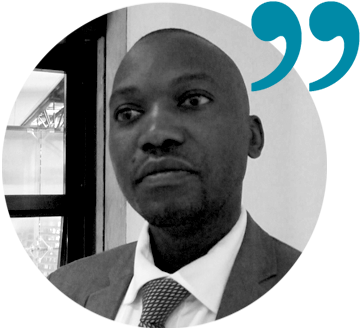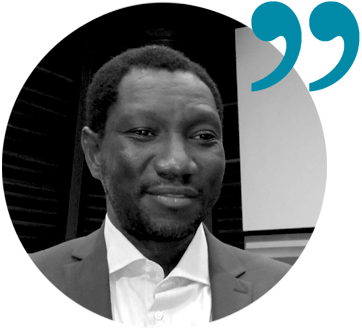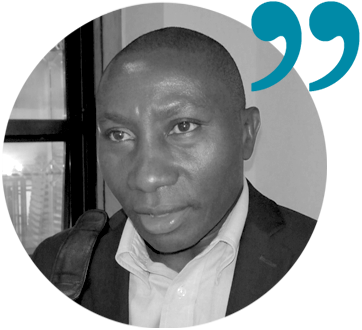Committee on World Food Security
The Committee on World Food Security takes place every year and the Platform is always present, following on different topics such as nutrition, rural transformation, Agenda 2030 implementation and gender equality. The Global Donor Working Group on Land always has its physical meeting in conjunction with CFS and the Platform applies for at least on side-event depending on the topic of interest for the members that particular year.
Rural Youth Employment and Enterpreneurship for Food and Nutrition Security
The event "Rural youth employment and entrepreneurship for food security and nutrition", organised by the European Commission and BMZ focused on the importance of rural youth employment for development and nutrition and food security. The panelists saw the biggest opportunity for job creation in the food system and along agricultural value chains. The growing urbanisation and the demographic developments put demand pressure on the agricultural sector and food systems. At the same time this pressure creates opportunities for use of new technologies, mechanization, for low- and high-skilled jobs, overall making the sector more attractive to young people.
Women’s rights and role in food crises, conflicts and famine
The Civil Society Mechanism Coordination Committee organised this event to discuss the roles and struggles of women in crises. The panelists all agreed that women face multiple levels of vulnerability in crises and in conflicts. The number of women suffering from malnourishment triples in time of protracted crises, with 50% of women in Afghanistan being iron deficient with special vulnerability of pregnant women. In time of crises, women suddenly become the heads of households. They lead the households with smaller capacities, fewer rights, no recognition and limited access to resources, which often results in food insecurity for the whole family. Regulatory frameworks often do not leave any other choice to women, forcing them to work informally, with no rights, security and under bad conditions. In food crises, when there is no production, they are the first to suffer. Therefore, women issues need to be present in the political, health and economic discussion in order to find a solution.
Women's empowerment - advancing SDG5 and SDG2 by focusing on interconnections
The event was organised by the European Commission and the Private Sector Mechanism to discuss efforts on delivering the SDGs. The inputs focused on interconnections between gender equality and women’s empowerment for better food security and nutrition. All panelists agreed that the SDGs could be used to facilitate more examples and advertisements of successful women. Interventions should involve the private sector, actively aiming at using the industries to depict women in their power and to create equal working places. Efforts should address governance structures – reforming land administration and facilitating easier access to land rights, promoting organisations of women farmers and providing capacity development efforts with the private sector adapted to the time and role the women have.
Shedding light on domestic investments in Sub-Saharan Africa
There was a lot of resonance on the statement that African's economy will be largely urban based in the future. Thus, poverty alleviation in rural areas will significantly depend on how effectively cities function in 30-40 years. An integrated policy approach to poverty alleviation and food security – including the recognition of human rights and tackling the issue of insufficient data on domestic investments – will be key to address this challenge.
Links
The event was organised by the BMZ and the European Commisson. Panelists presented interesting experiences from Mali and addressed policy coherence issues from the perspective of the African Union Commission.
The event was organised by the Civil Society Mechanism Coordination Committee. Panelists presented interesting experiences from different perspectives. The panelists all agreed that women face multiple levels of vulnerability in crises and in conflicts.
The event was organised by the European Commission and the Private Sector Mechanism to discuss efforts on delivering the SDGs. The inputs focused on interconnections between gender equality and women’s empowerment for better food security and nutrition.
On 9 October the Platform's Global Donor Working Group on Land organised a side event at the Committee on World Food Security in Rome to draw attention to this still little understood phenomenon. Speakers of this side event included: Jesse Coleman (legal researcher at Columbia Center on Sustainable Investment), William Cobbett (director of Cities Alliance), Milu Muyanga (assistant professor of International Development, Michigan State University) and Keith Polo (managing director of Cultivating New Frontiers in Agriculture).







